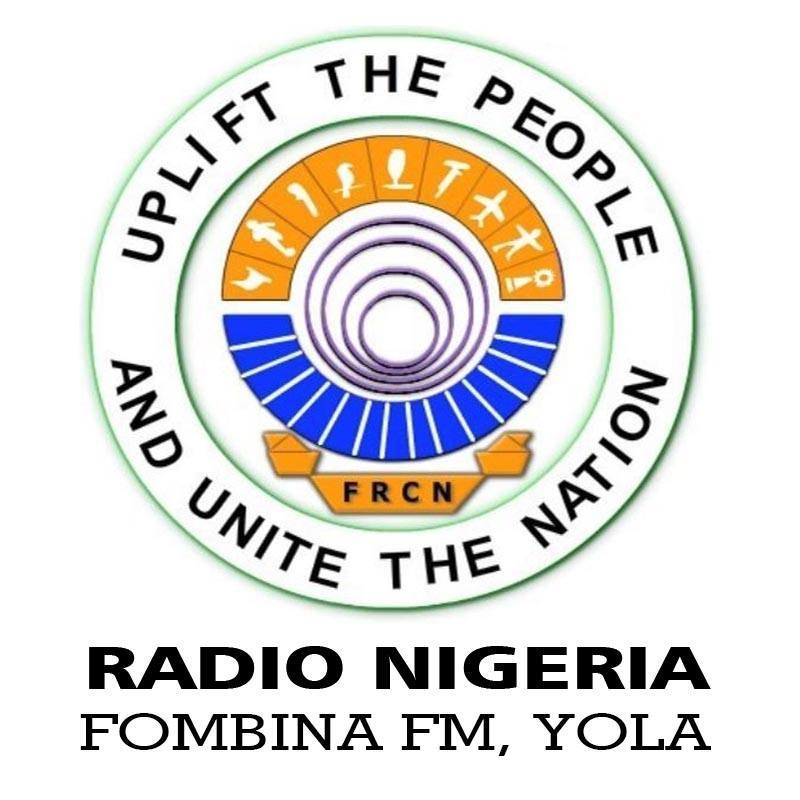By
Gloria Abutu
Nigerian exporters have been urged to seek adequate information to meet the requirements for non-oil export in order to curtail the rejection of made-in-Nigeria products and services in the International market.
Executive Director of the Nigerian Export Promotion Council, NEPC Dr. Ezra Yakusak stated this during a Stakeholders Forum for Micro, Small and Medium Enterprises, MSMEs on Exporters’ Financial Options and Available Windows for Accelerated MSME Growth in Nigeria, which held in Yola, the Adamawa state capital.
Dr. Ezra Yakusak represented by Deputy Director, Small and Medium Enterprises Finance, Mrs. Kuffon Jerusha stressed the need for exporters to acquaint themselves with necessary tools to improve their businesses.
He pointed out that the right business plan, certification and training, was critical to the success of non oil export, adding that the council is poised to building capacity of potential exporters for robust cross-border trade.
“Every business enterprise must be able to come up with a business plan which is a written document that gives a good description, analysis, or projection about the performance of your business in the future time. It also projects how much will be borrowed and how loans will be paid back in the future”, he noted.
According to Dr. Yakusak, “Micro Small and Medium Enterprises all over the world remain the driving force of the economy, and financing is the fuel that accelerates the growth in any industry. For our economy to move forward, MSMEs must be aware of the various finance options that are available to them and they must be acquainted with the necessary tools needed to acquire such funds.”
In a welcome address, the NEPC North East Regional Coordinator, John Okorie who was represented by the Head of Trade Information in the region, Friday Ogiri, pointed out that the essence of the workshop was to identify and tackle challenges of MSMEs towards increased export activities.
“In pursuant to her mandate, the Nigerian Export Promotion Council carried out EXPORT4SURVIVAL Campaign all over the Country to further stimulate non-oil export in Nigeria among the stakeholders, to attract patronage, explore market opportunities and ensure competitiveness in terms of quality standard.”
According to the Regional Coordinator, “The Nigeria Export Promotion Council (NEPC) is introducing Domestic Export Warehouse (DEW) which will address the high level of rejection of non-oil exports at the global market.
Full operationalisation and effective patronage of approved DEW would also reduce the number of checks along the export corridor from the hinterland to port of shipment.
The Council in its determined efforts took the bold step to initiate the concept and set up Domestic Export Warehouse (DEW) as one of the solutions to ease supply chain constraint in Nigeria”, he added.
He further said, “The Council is working on Export Trade Houses (ETH).
The initiative of the Council is to have some locations where Made-in Nigeria products can be shipped, displayed and distributed to different parts of the world and it is in line with the concept of the trade house that purchases and selling of products
for other businesses using their international expertise as it is the practice in countries such as China, Switzerland, USA, Singapore and the United Kingdom” he added.
In his presentation, representative of the Central Bank of Nigeria, CBN Jalo Usman Buba said the the apex bank is committed to financing non-oil export to increase productivity, enhance expansion, and facilitate economic growth.
He added that the 50 billion naira export facility approved by the federal government was aimed at promoting economic diversification by supporting women and youths in export and urged them to follow the laid down guidelines to enable them access the loans.
Participants while appreciating the NEPC for organizing the programme, decried the rejection of made-in-Nigeria products in the international market and alleged denial of loans by financial institutions.
They therefore called for constant training of exporters and potential exporters on globally acceptable standards to minimise loss.
Representatives of All Farmers Association of Nigeria, AFAN, Nigerian Association of Small and Medium Enterprises NASME, Cooperative Societies, as well as Import and Export groups in Adamawa state attended the workshop.







